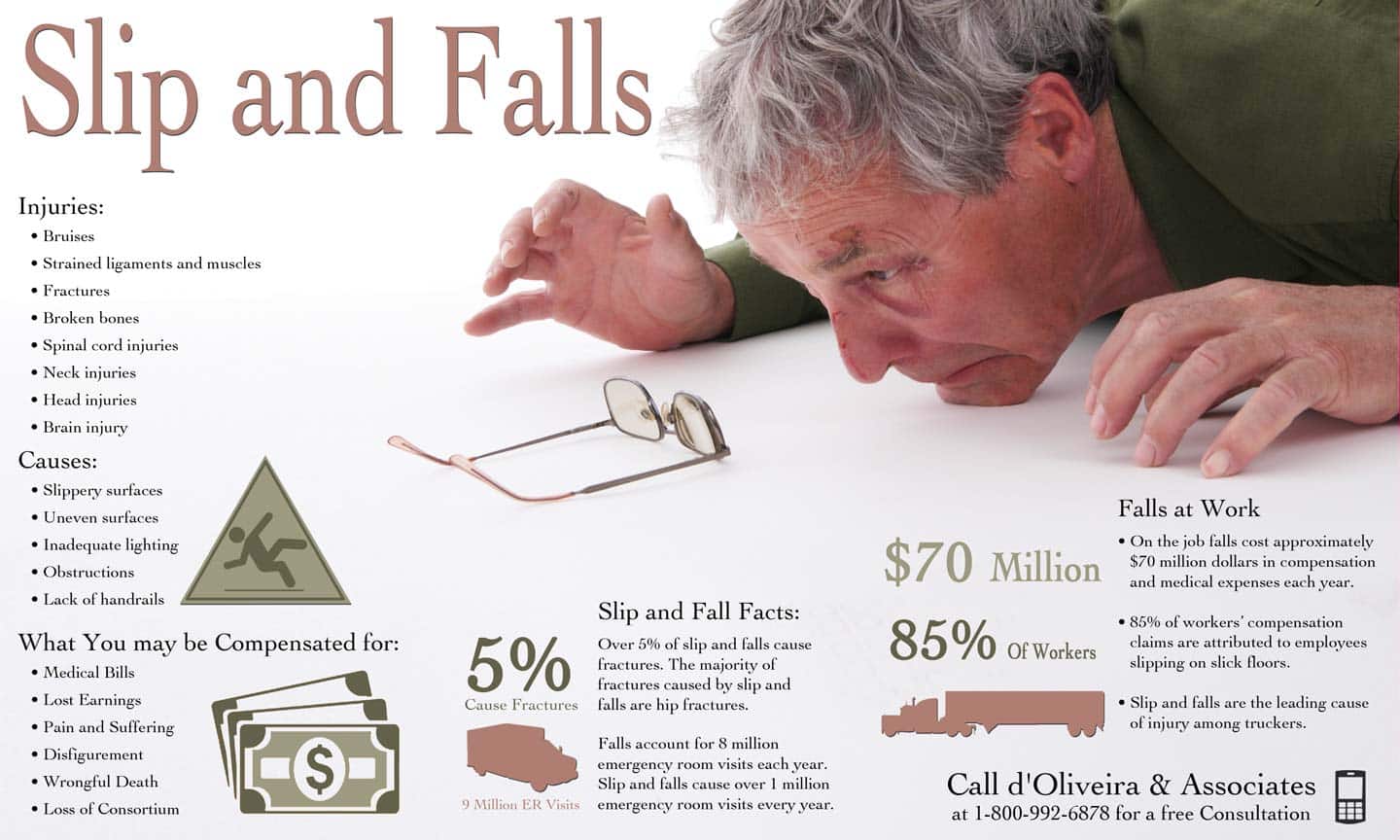The Realty Attorney'S Manual On Landlord-Tenant Legislation
The Realty Attorney'S Manual On Landlord-Tenant Legislation
Blog Article
Personnel Author-Calderon Vinding
When it pertains to landlord-tenant law, recognizing your legal rights and responsibilities is essential for both parties. Physical Incapacity may assume you have a solid understanding on the basics, however there are often nuances that can capture you off-guard. Whether you're a landlord managing a residential or commercial property or an occupant looking for a secure home, recognizing the lawful landscape can make all the distinction. What might surprise you are the intricacies involved in navigating disputes and expulsion processes.
Recognizing Lessee Rights and Responsibilities
When you rent out a residential property, it's vital to recognize your rights and obligations as an occupant. You can a risk-free and habitable living environment, indicating your property owner must preserve important solutions like heating, plumbing, and electrical power.
You're also entitled to personal privacy; property managers generally need to supply notification prior to entering your device.
On the flip side, you're responsible for paying rent in a timely manner, keeping the home tidy, and not causing damage past regular deterioration.
Acquaint yourself with your lease contract, as it outlines particular regulations and obligations. Recognizing these facets not just secures you yet also cultivates a positive relationship with your proprietor.
Keep notified, and you'll navigate your occupancy more effectively.
Key Proprietor Responsibilities and Legal Factors To Consider
While you may know your civil liberties as a renter, it's equally vital to recognize your property manager's responsibilities.
Landlords need to supply a secure and habitable living environment, guaranteeing that important systems like home heating, plumbing, and electrical power remain in functioning order. They're also in charge of making necessary repairs quickly and adhering to regional building codes.
Furthermore, landlords must value your personal privacy by giving appropriate notification prior to entering your unit, normally 24-hour. navigate to this site must deal with down payment according to state legislations, including returning them promptly after you move out, minus any type of authorized reductions.
Recognizing these responsibilities can assist you maintain a favorable partnership with your landlord and guarantee your living situation meets legal criteria.
Browsing Disputes and Expulsion Procedures
Conflicts between landlords and occupants can occur all of a sudden, making it crucial for you to understand the processes involved in resolving them.
Initially, communication is key-- try to review issues directly to find a concession. If that falls short, acquaint on your own with your local regulations pertaining to conflicts and eviction. File everything: keep records of communications, payments, and any kind of infractions.
If eviction becomes necessary, guarantee you adhere to the legal actions needed in your location, which usually includes providing composed notice and a particular timeframe for resolution.
Be prepared to visit court if the scenario rises, maybe your only recourse. Comprehending these procedures will certainly aid you browse conflicts better and secure your rights as either a proprietor or renter.
Verdict
In recap, recognizing landlord-tenant legislation is important for both events involved in a rental contract. By understanding your civil liberties and obligations, you can cultivate a much better living setting and stay clear of problems. If disputes emerge, remember that a real estate legal representative can aid guide you via the intricacies of eviction procedures and legal commitments. Staying informed and positive will make sure a smoother rental experience, whether you're a property manager or a renter.
